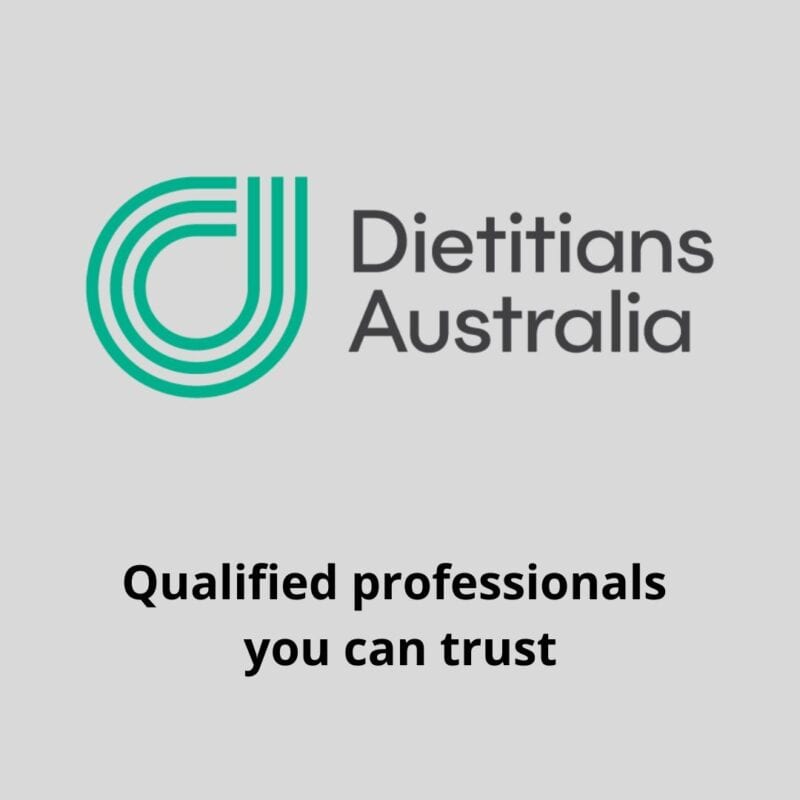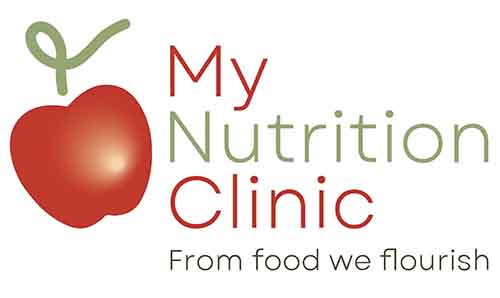A review of the research (Cochrane 2012) found that by modifying the types of fat we eat the risk of heart attack or stroke was reduced by 14%. We also know from this research that simply cutting out saturated fat isn’t the answer – there are now plenty of ways your diet can lower cholesterol and improve heart health.
To understand which dietary changes will benefit you the most, you must ‘know your numbers’. There are 3 main lipids that make up your total cholesterol (TC). LDL is considered a ‘bad’ fat because it causes damage and blockages in your blood system. Triglycerides (TG) are arguably the most harmful fat and makes significant contributions to heart disease. HDL is considered a ‘good’ cholesterol and has a protective effect on your vascular system.
Foods and lifestyle changes that will lower cholesterol
According to the European Society of Cardiology and Atherosclerosis Society (European Heart Journal 2016) the following dietary changes are the most likely to lower cholesterol levels:
-
Reduce saturated fat to less than 7% of calories
-
Swap saturated fats for mono and polyunsaturated fats
-
Reduce/limit intake of trans fats as much as possible
-
Increase dietary fibre intake to 25-40g/day
-
Use foods enriched with phytosterols 1-2g/day
-
Reduction in body weight by at least 10kg
-
Increase physical activity habits
-
Reduce alcohol to 2-3 units/day for men and 1-2 units/day for women
-
Reduce/limit simple sugars (e.g. table and fruit sugars)
-
Reduction in carbohydrates
-
Use Omega-3 supplement
Putting it all into action
There is a lot that can be done to lower cholesterol levels through diet but putting it all together can be tricky. A dietitian can review your blood results and provide an eating/meal plan, recipes and shopping list to suit you. The effects of dietary changes take about 3 months to be seen in your blood test results so it is a good idea to get support early on to incorporate the changes early and keep them going before going back for your next blood test.
To get more help with high cholesterol, book an appointment with our dietitian below.

Tess Hartley
Dietitian
Tess is an Accredited Practising Dietitian who graduated from Griffith University and grew up in Queensland. Tess is passionate about working with people and building trusting relationships by providing accurate nutrition information that helps people reach their goals. Tess is great at making people feel at ease talking about their diet and health goals and is great at explaining how food and nutrition impact health. Tess has an interest in:
IBS and other gastrointestinal conditions
Weight management
Endometriosis
Women's health
Chronic disease management
Home Enteral Nutrition (HEN)



